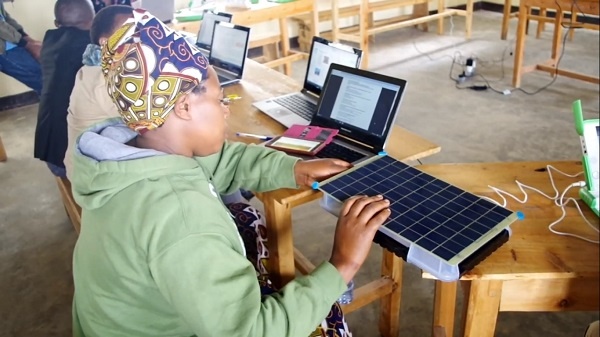
Education for Humanity at Arizona State University will provide education as well as humanitarian support including shelter, healthcare and food
By Brady Harris (The State Press)
TEMPE, AZ – Arizona State University (ASU), one of the top research universities in the U.S., will provide community education for refugees and help with refugee operations in two cities in Ethiopia, ASU’s Education for Humanity initiative announced Jan. 26.
ASU will be working closely with the Administration for Refugee and Returnee Affairs (ARRA) and the Danish Refugee Council (DRC) after signing a memorandum of understanding to provide education and humanitarian aid to refugees in the region.
A wide variety of courses will be offered, ranging from English language courses, teacher training courses or regular ASU freshman level courses, said Pamela DeLargy, executive director for Education for Humanity.
The education, as well as other support including shelter, healthcare and food, is advised by partners in Ethiopia, with ASU making frequent visits to streamline the aid.
“Currently, ASU has one program advisor in Ethiopia who works with all partners to coordinate the support, and there are regular visits by the Education for Humanity team for training and monitoring,” DeLargy said.
Partners are necessary in every facet to ensure the education of these refugees is possible and successful, she said.
For example, some refugee camps have no internet connectivity, so Education for Humanity calls on ASU-based technology SolarSPELL kits to help.
SolarSPELL has worked with Education for Humanity in the past in Uganda and will work with them moving forward in Ethiopia, said Laura Hosman, co-founder and director of SolarSPELL.
“The way that we think about it is that you can teach internet ready skills, like how to do research, how to tell fake news from real news, these kind of extremely valuable skills even in an offline environment,” Hosman said.
The library’s content is focused around primary and secondary level education and has up to this point only taught in English.
“However, it’s still extremely important to me that we address the local languages,” Hosman said. “So we have early readers in every language, as long as we can find digitized content.”
Hosman has her hopes set on providing SolarSPELL technology to anyone who needs it in the world, including those without connectivity in Arizona.
“There’s a whole lot of areas in Arizona still that don’t have connectivity, and thus the people don’t have the internet related skills (they need),” she said.
The team plans to bring its first truly bilingual library, in this case Spanish-English, to the Arizona-Mexico border town of Naco later this year, Hosman said.
SolarSPELL is one of the many partners ASU has in helping refugees in Ethiopia, as ARRA works closely alongside and utilizes other programs in the region.
“The national head of ARRA and the coordinator for Gambella Region visited ASU in January for discussions around expansion of the ASU partnerships in education, health and energy,” DeLargy said.
Continue reading this story on The State Press
